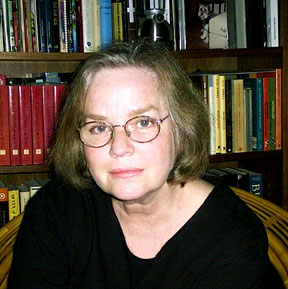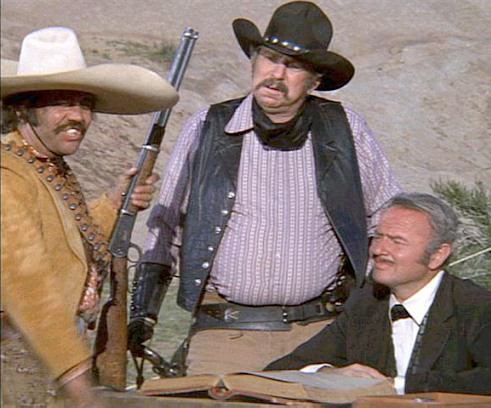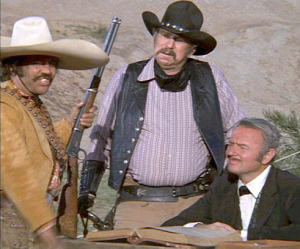
City: Mainz, Germany
Year: 1399 CE
Location: A café that caters to scribes, illuminators, and publishers.
A tired looking man walks into the café and joins a group at one of the tables.
“What a day, guys,” he says. “I wrote almost six pages today; we practically ran out of quill pens. I need a beer.”
One of the men sighs. “Soon this will be the last of your problems, Heinrich.”
“Ha? Problems? Why?” said Heinrich. “You all look so gloomy, what’s wrong? And what’s with Friedrich over there?”
Everyone turns to look at Friedrich, who is sitting at another table, his head buried in his hands.
“He is an illuminator, Franz. He is doomed, and he is afraid to tell Magda and the children…”
“What are you talking about? He works for the best publisher in town!” Franz says. “He has nothing to worry about since they just started writing a new Bible for King Zrob of Khazaria!”
“So you haven’t heard, Franz,” said another person. “You remember last year, when Johannes said he was going to invent a printing press, and we all laughed? Well, he did. The first Gutenberg Printing Machine was just set up right here in Mainz, and he has very important, wealthy investors. Scribes and illuminators are a thing of the past.”
“Na,” said Franz. “It’s just a fad. The kids will enjoy it, but real scholars are not going to look at those things they call books. I remember how he described them, they are so ugly, you don’t even roll them out, you flip pages… who can read like that? And what about art? They will never be able to insert art properly since it will break down between those pages. Forget it, we are fine. Herman!!!! Would you bring me some beer already? And take another one to Friedrich over there, he needs to cheer up.” Continue reading “The Second Revolution and the Authors Guild—by Ilil Arbel”




